Through the 1223 documents, put together in this compendium, an effort has been made to let the facts speak for themselves. They represent the hopes and aspirations, successes and failures, expectations and disappointments, contradiction in action and dichotomy in thought of the people called upon by history to swim together but who condemned themselves to a collision course. The documents have been arranged thematically and chronologically in nine sections so that each aspect of the problem is put across in bold relief to tell a coherent story. The issues that confronted India and Sri Lanka were so enmeshed that certain overlapping has unavoidably crept in. Sri Lanka has been in turmoil for most part of the half century of her existence as an independent nation. Two of her principal communities – the Sinhalese and the Tamils, trace their ancestry to India. The two religions—Hinduism and Buddhism followed by the respective communities have their roots in India. The third element in the melodrama, the Plantation Tamils, with their labour and sweat created the wealth that gave Sri Lanka a very high level of social development. After independence they came to be perceived as surrogate for Indian influence in the island and usurpers of economic opportunities, which otherwise were considered the exclusive preserve of the "sons of the soil". Essentially the problems that dominated relations between India and Sri Lanka during the five decades since their independence, were problems between Sri Lanka State and its citizens. Willy-nilly India got involved in them. In the case of Plantation Tamils, India initially maintained that it was a problem of persons who were not Indian citizens. When this cut no ice, India felt compelled to accept a large part of them into India. In case of Sri Lanka Tamils, India got involved to palliate the emotional upsurge of sympathy among her own Tamils who claimed ties of ethnicity with their brethren across the Palk Strait. The projection of domestic politics in the domain of foreign relations and sit-in judgement on another country’s domestic politics, brought into sharp focus the dichotomy in Indian thinking and finally proved disastrous. It also brought home to India succinctly the limitations of interventionist policies in today’s world.
India-Sri Lanka: Relations and Sri Lanka’s Ethnic Conflict Documents-1947-2000 (In 5 Volumes)
In stock
Free & Quick Delivery Worldwide
reviews
Bibliographic information
Title
India-Sri Lanka: Relations and Sri Lanka’s Ethnic Conflict Documents-1947-2000 (In 5 Volumes)
Author
Edition
1st ed.
Publisher
ISBN
8187943009
Length
cclxxiii+2954p.
Subjects

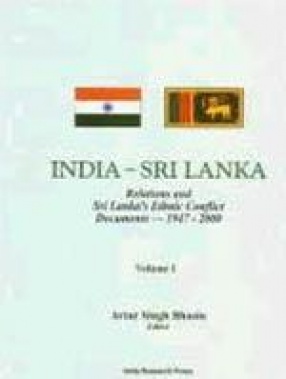
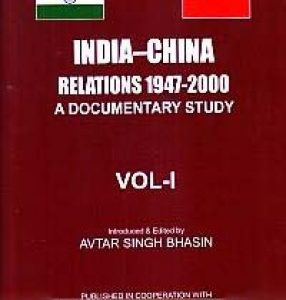
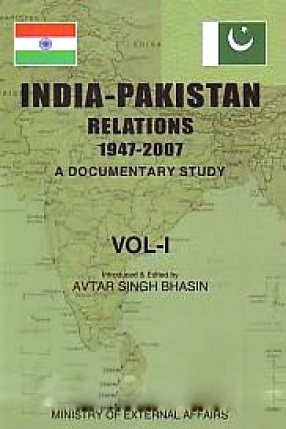
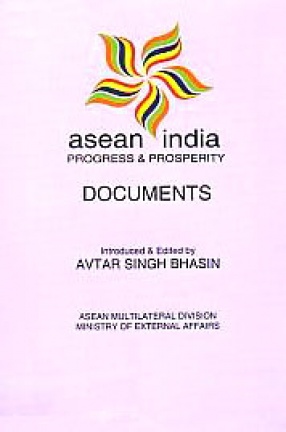

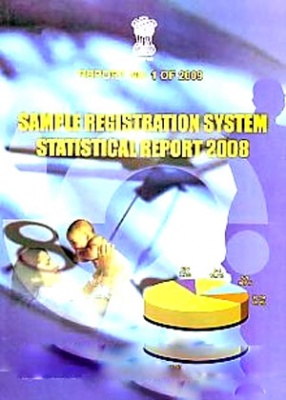
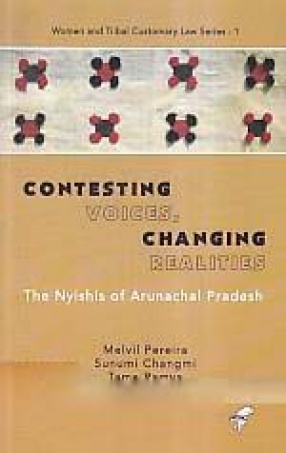
There are no reviews yet.